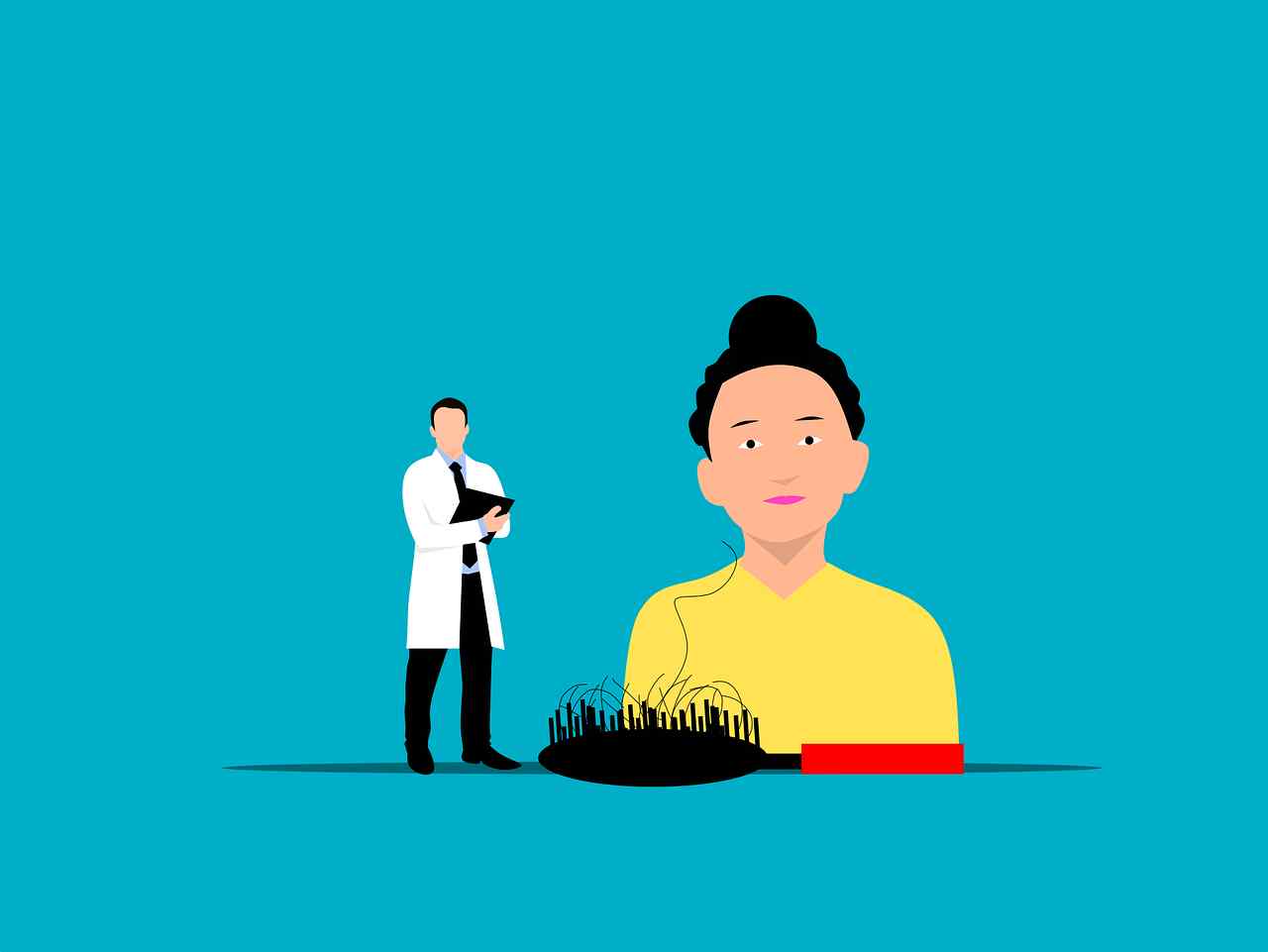The most common problem for men and women is hair loss. Hair fall is known as alopecia. You may have tried a lot to find the answer to the question, “How do you prevent hair loss?”. However, preventing hair loss is not an easy task. However, I have tried the perfect solution to stop and control hair loss. In this article, I will recommend the best 23 oil for alopecia.
Page Contents
What is alopecia?
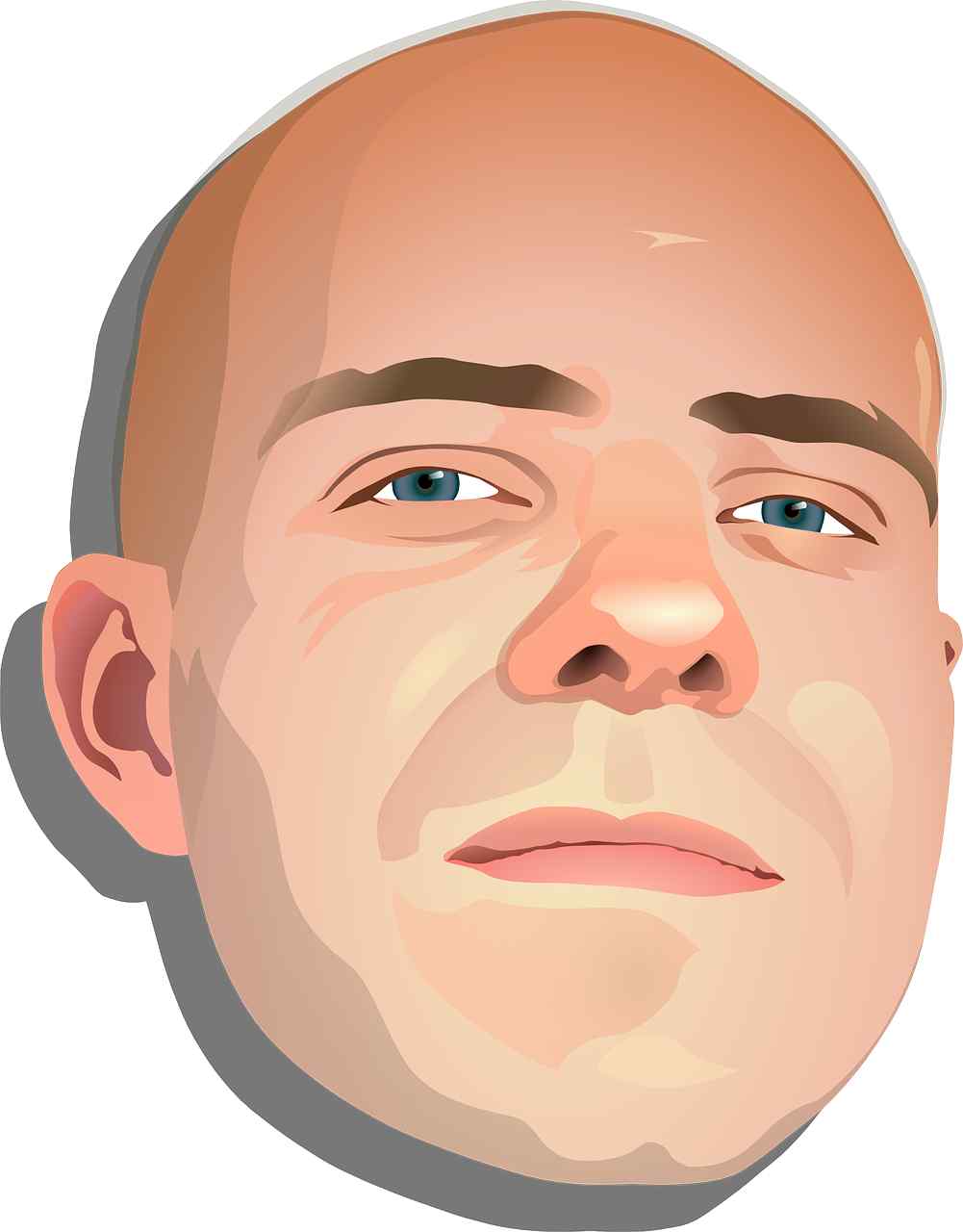
Alopecia is hair loss from the scalp or any part of the body. Males and females can cause it. It is permanent hair loss from the scalp that causes baldness. It is a blank condition of the head. Alopecia is one kind of disease. There is no age bar for these diseases. However, proper medication can help to regrow the hair.
Causes of Alopecia
There are a lot of causes for the loss of your hair. The causes differ from man to man and even from woman to woman. Here are the standard 10 causes of hair fall.
Androgenetic Alopecia: It is often termed male or female pattern baldness. It’s genetic and hormone-related, causing gradual hair thinning.
Alopecia Areata: The problem is an autoimmune disorder leading to sudden hair loss in patches, possibly triggered by stress or genetics.
Telogen Effluvium: Tough times or health issues can mess up the hair cycle, making it shed a lot.
Trichotillomania: It’s a mental health condition where people feel compelled to pull out their hair, causing bald patches.
Nutritional Deficiencies: A lack of essential nutrients, especially iron, zinc, and vitamins, can contribute to hair loss.
Scalp Infections: Fungal or bacterial infections, like ringworm, can make hair fall out in those areas they affect.
Chemotherapy: Cancer treatments can cause hair loss because they affect fast-growing cells, including those in hair follicles.
Hormonal Changes: Imbalances from pregnancy, childbirth, menopause, or thyroid disorders can result in hair loss.
Medications: Some drugs, like certain antidepressants or blood thinners, can cause hair shedding as a side effect.
Physical or Emotional Stress: Trauma, surgery, or severe emotional stress can trigger temporary hair loss.
Best 23 Oils for Alopecia or Hair Loss
Most friends ask me, “How to prevent hair loss?”. Based on my extended research, I have found 23 effective oils to stop hair from falling. Find the natural hair loss remedies to regrow your hair.
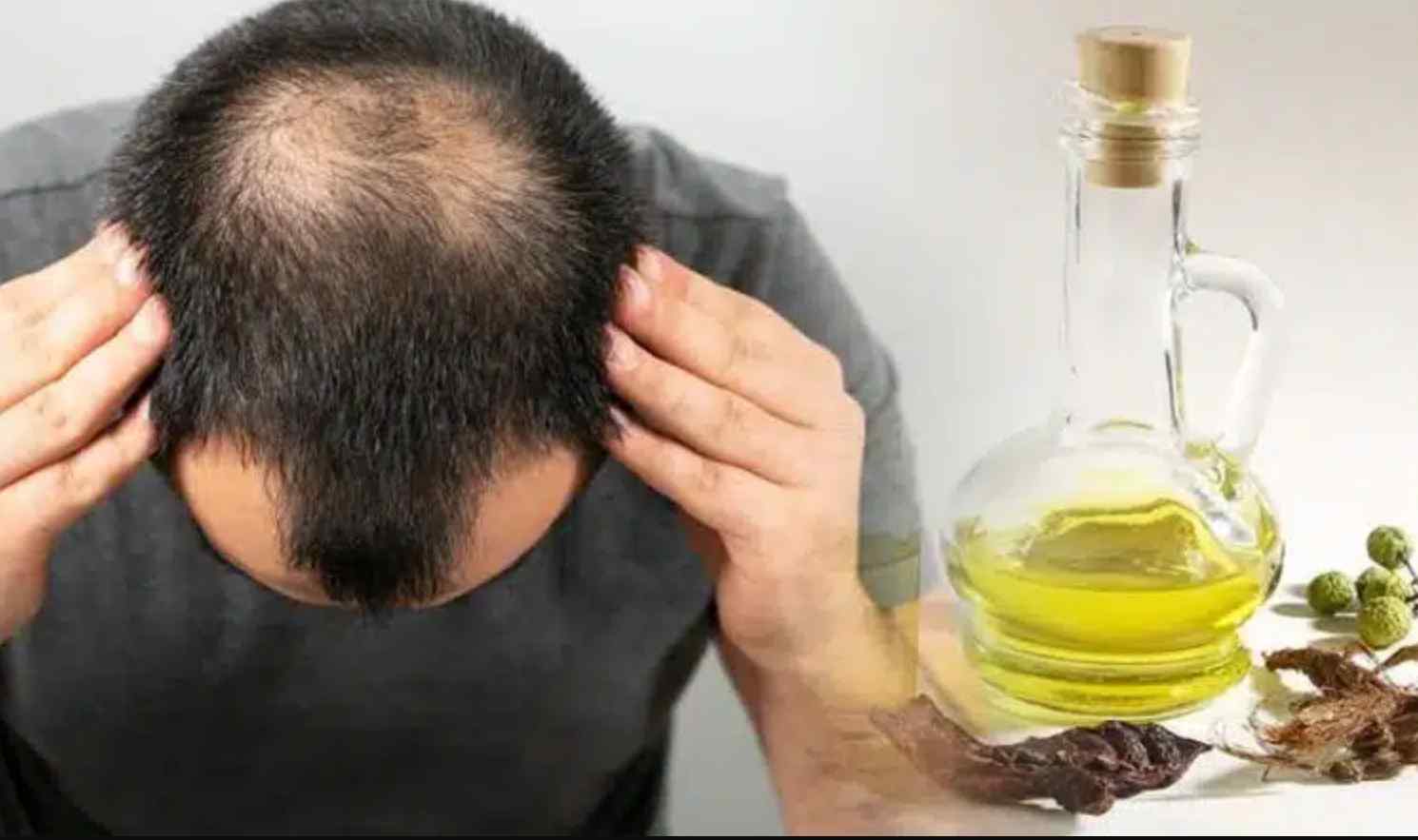
1. Tea Tree Oil
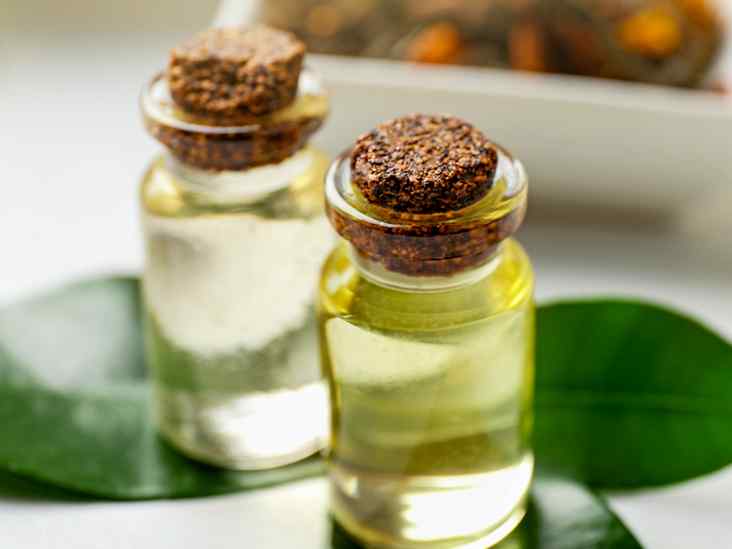 Tea tree oil may help with alopecia. It is one of the best hair fall-control oils. It’s praised for hair regrowth. Tea tree oil excels due to its properties. A direct scalp application is okay. The top hair growth oil varies. No single-best oil exists. Oil won’t cure alopecia alone. Treating alopecia involves more. Regrowth needs a holistic approach.
Tea tree oil may help with alopecia. It is one of the best hair fall-control oils. It’s praised for hair regrowth. Tea tree oil excels due to its properties. A direct scalp application is okay. The top hair growth oil varies. No single-best oil exists. Oil won’t cure alopecia alone. Treating alopecia involves more. Regrowth needs a holistic approach.
2. Rosemary oil
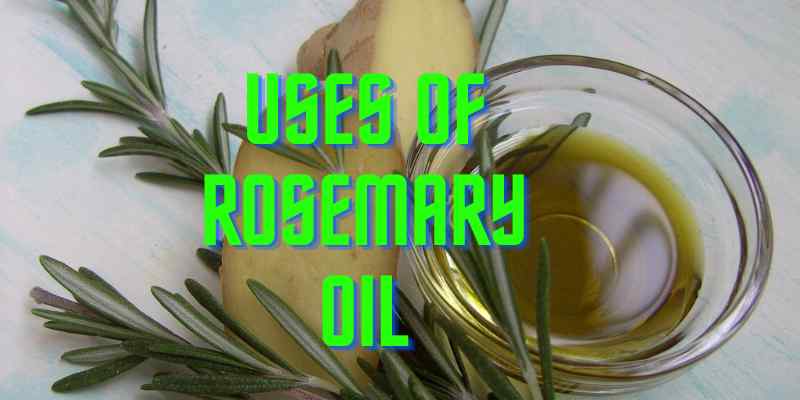 Rosemary oil has shown potential for aiding alopecia. Studies indicate that it may stimulate hair growth. However, the regrowth period can differ widely, from several weeks to months. Directly applying rosemary oil to the scalp has been found effective in some cases. In a study published in “Skinmed,” about 44% of participants experienced improved hair growth after regularly using rosemary oil. People react differently, so getting personalized advice from a pro is wise.
Rosemary oil has shown potential for aiding alopecia. Studies indicate that it may stimulate hair growth. However, the regrowth period can differ widely, from several weeks to months. Directly applying rosemary oil to the scalp has been found effective in some cases. In a study published in “Skinmed,” about 44% of participants experienced improved hair growth after regularly using rosemary oil. People react differently, so getting personalized advice from a pro is wise.
3. Peppermint oil
Peppermint oil is another best oil for hair fall problems. You can apply it directly to your scalp. Studies suggest it promotes hair growth. Research in “Evidence-Based Complementary and Alternative Medicine” found it stimulated hair growth in 92% of participants after four weeks. The results vary individually. Comparing it to minoxidil, research in “The Journal of Dermatological Treatment” showed similar effectiveness between the two after 12 weeks, but minoxidil had slightly better results. Individual preferences often guide choices.
How to Use Peppermint Oil for Alopecia
| Step | Instructions |
| Dilution | Mix 2-3 drops of peppermint oil with a carrier oil. |
| Patch Test | Apply a small amount to the skin, and wait 24 hours for reactions. |
| Application | Gently massage diluted oil onto affected scalp areas. |
| Leave-In Time | Let the oil sit for 20-30 minutes for absorption. |
| Rinse or Leave In | Rinse with shampoo or leave oil in overnight. |
4. Cedarwood oil
Cedarwood oil is considered beneficial for alopecia. You can also apply it to your scalp, and it is safe. Adding a few drops with a carrier oil like coconut or jojoba oil is recommended. There isn’t a specific amount for hair growth, but a standard guideline is about 2-3 drops per tablespoon of carrier oil.
How to Use Cedarwood Oil for Alopecia
To use Cedarwood oil for alopecia, begin by diluting 2-3 drops of Cedarwood oil with a carrier oil such as coconut, jojoba, or almond oil. Before completing the application, conduct a patch test by applying a small amount of the diluted mixture to your skin and waiting 24 hours to check for any allergic reactions.
Once confirmed safe, gently massage the diluted cedarwood oil onto the scalp, concentrating on the affected areas. Allow the oil to remain on the scalp for at least 30 minutes to an hour or improve absorption. Then, consider leaving it overnight. Rinse the oil thoroughly with shampoo or wash it off with water afterward.
5. Thyme oil
Thyme oil’s efficacy for alopecia stems from its potential to stimulate hair growth. Research in the “Journal of the Korean Academy of Nursing” suggests that thyme oil can enhance hair growth by up to 44% in individuals experiencing hair loss. It’s safe for direct hair application. While thyme oil shows promise in promoting hair health, it may not entirely halt alopecia alone.

How to Use Thyme Oil for Alopecia:
Step 1: Dilution
Mix 2-3 drops of thyme oil with a carrier oil like coconut, jojoba, or almond oil.
Step 2: Patch Test
Apply a small amount of the diluted mixture on your skin to check for allergic reactions. Wait 24 hours before submitting the entire application.
Step 3: Application
Gently massage the diluted thyme oil onto the scalp, focusing on the areas affected by alopecia.
Step 4: Leave-In Time
Leave the oil on for at least 30 minutes to an hour to allow absorption. For better results, consider leaving it overnight.
Step 5: Rinse or Shampoo
Rinse the oil out thoroughly with shampoo or wash it off with water.
6. Clary sage oil
Clary sage oil potentially stimulates hair growth and prevents loss, as supported by studies in the “Journal of Biomedical Science.” It’s considered beneficial for hair loss due to its scalp-nourishing properties.
Clary sage stands out for alopecia due to its reported effectiveness in supporting hair health. While effective for many, caution is advised during pregnancy, as it can influence hormones. Sage oil may slow hair loss, but individual responses vary, so seeking advice before use is wise.
- Dilution: Mix 2-3 drops of thyme oil with a carrier oil like coconut, jojoba, or almond oil.
- Patch Test: Apply a small amount of the diluted mixture to your skin. Now, wait 24 hours for any reactions before completing the application.
- Application: Gently massage the diluted thyme oil onto the scalp, focusing on alopecia-affected areas.
- Leave-In Time: Allow the oil to remain on the scalp for at least 30 minutes to an hour; leaving it overnight might yield better absorption.
- Rinse or Shampoo: Rinse the oil thoroughly or wash it with water.
7. Coconut oil
Coconut oil might not entirely stop alopecia, but it’s beneficial. It’s considered a good option for alopecia due to its moisturizing properties. Using coconut oil as a remedy involves gentle scalp massages with warm oil.
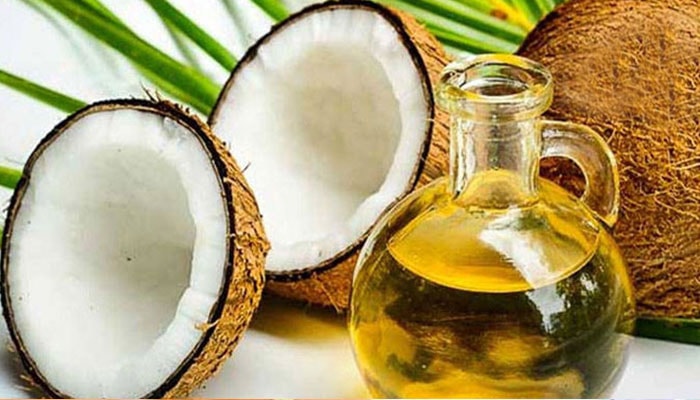 Apply warm coconut oil to the scalp, massage for a few minutes, and leave it in for at least 30 minutes before rinsing. While it may not fully reverse alopecia, regular use can aid in hair health and manage scalp conditions.
Apply warm coconut oil to the scalp, massage for a few minutes, and leave it in for at least 30 minutes before rinsing. While it may not fully reverse alopecia, regular use can aid in hair health and manage scalp conditions.
8. Castor oil
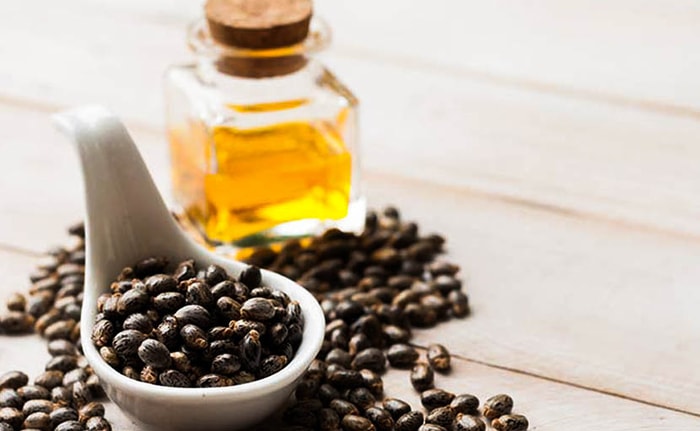 Castor oil shows potential for aiding alopecia. It’s believed to stimulate hair growth and potentially regrow lost hair. The oil’s richness in nutrients makes it favorable for alopecia. Results vary, but some notice changes in a few weeks or months. While it’s not an immediate fix, regular use and massaging the scalp with castor oil can improve hair health and possibly aid in managing alopecia concerns over time.
Castor oil shows potential for aiding alopecia. It’s believed to stimulate hair growth and potentially regrow lost hair. The oil’s richness in nutrients makes it favorable for alopecia. Results vary, but some notice changes in a few weeks or months. While it’s not an immediate fix, regular use and massaging the scalp with castor oil can improve hair health and possibly aid in managing alopecia concerns over time.
9. Olive oil
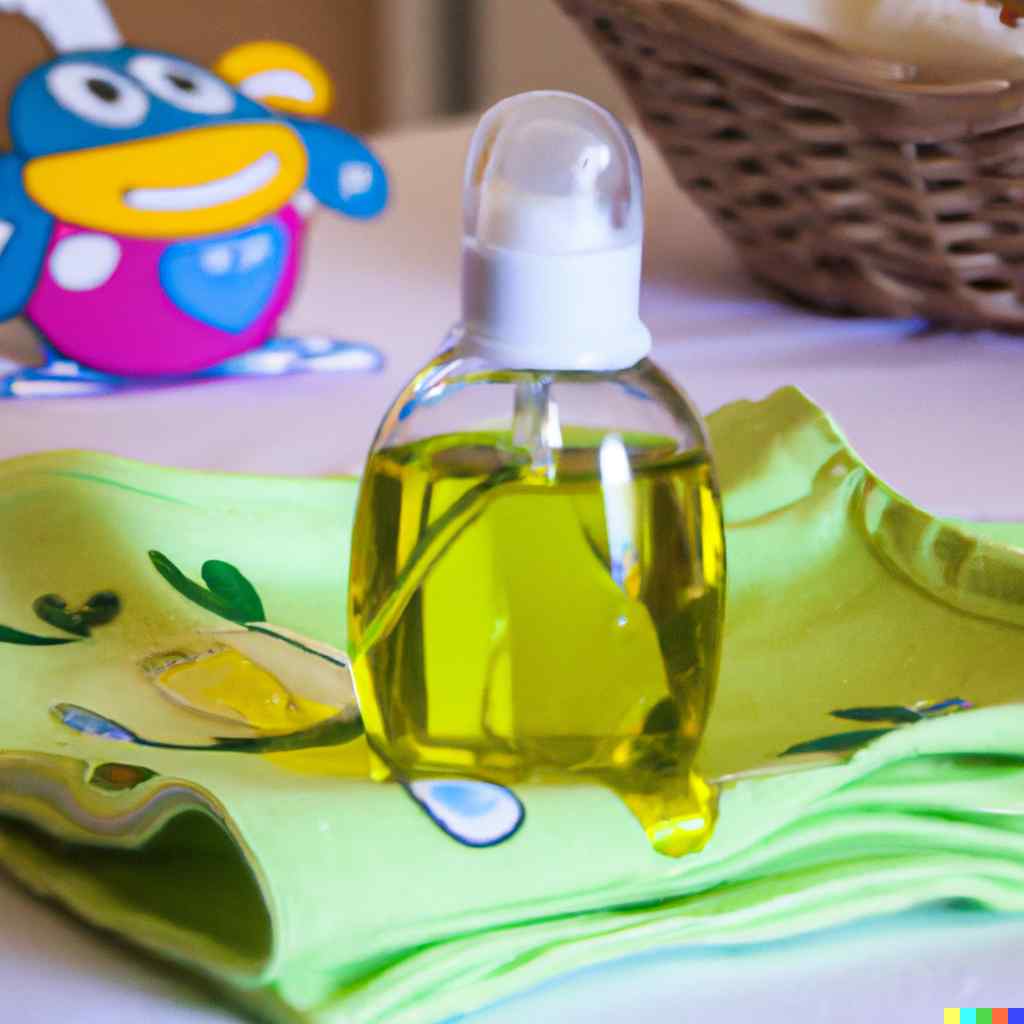 Olive oil might not directly regrow lost hair, but it’s beneficial. It’s favored for alopecia due to its moisturizing properties and rich nutrients. Applying olive oil directly to the hair and scalp is safe and nourishing. Results vary individually, but some notice improvements in hair health after consistent use over a few weeks. While it might not guarantee regrowth, olive oil can contribute to healthier hair and scalp conditions when used regularly.
Olive oil might not directly regrow lost hair, but it’s beneficial. It’s favored for alopecia due to its moisturizing properties and rich nutrients. Applying olive oil directly to the hair and scalp is safe and nourishing. Results vary individually, but some notice improvements in hair health after consistent use over a few weeks. While it might not guarantee regrowth, olive oil can contribute to healthier hair and scalp conditions when used regularly.
10. Argan oil
Argan oil nourishes and moisturizes hair, reducing frizz and enhancing shine. Using it daily is safe and beneficial for most hair types. While it doesn’t make hair grow faster, its nutrients can support healthy growth over time. Applying argan oil to damp or towel-dried hair allows for better absorption, though it can also be used on dry hair for added shine and manageability. Overall, it’s a versatile oil for improving hair health and appearance.
11. Geranium
Geranium oil aids in balancing scalp oils and promoting hair health and shine. Side effects like skin irritation may occur, so patch testing is advised. While it can help strengthen hair roots indirectly by supporting scalp health, direct evidence for this claim is limited. Geranium oil’s direct impact on hair growth isn’t well documented, but its properties suggest it may contribute to a healthier scalp environment, potentially supporting hair growth indirectly over time.
12. Roman chamomile
Roman Chamomile promotes hair growth by nourishing the scalp and soothing inflammation. It’s known to lighten hair subtly over time with regular use. Chamomile helps condition and soften hair, leaving it smooth and manageable. Side effects like allergic reactions or skin irritation might occur, so patch testing is recommended before widespread use. Its gentle properties benefit hair health, but caution is advised for potential sensitivities.
13. Pumpkin seed oil
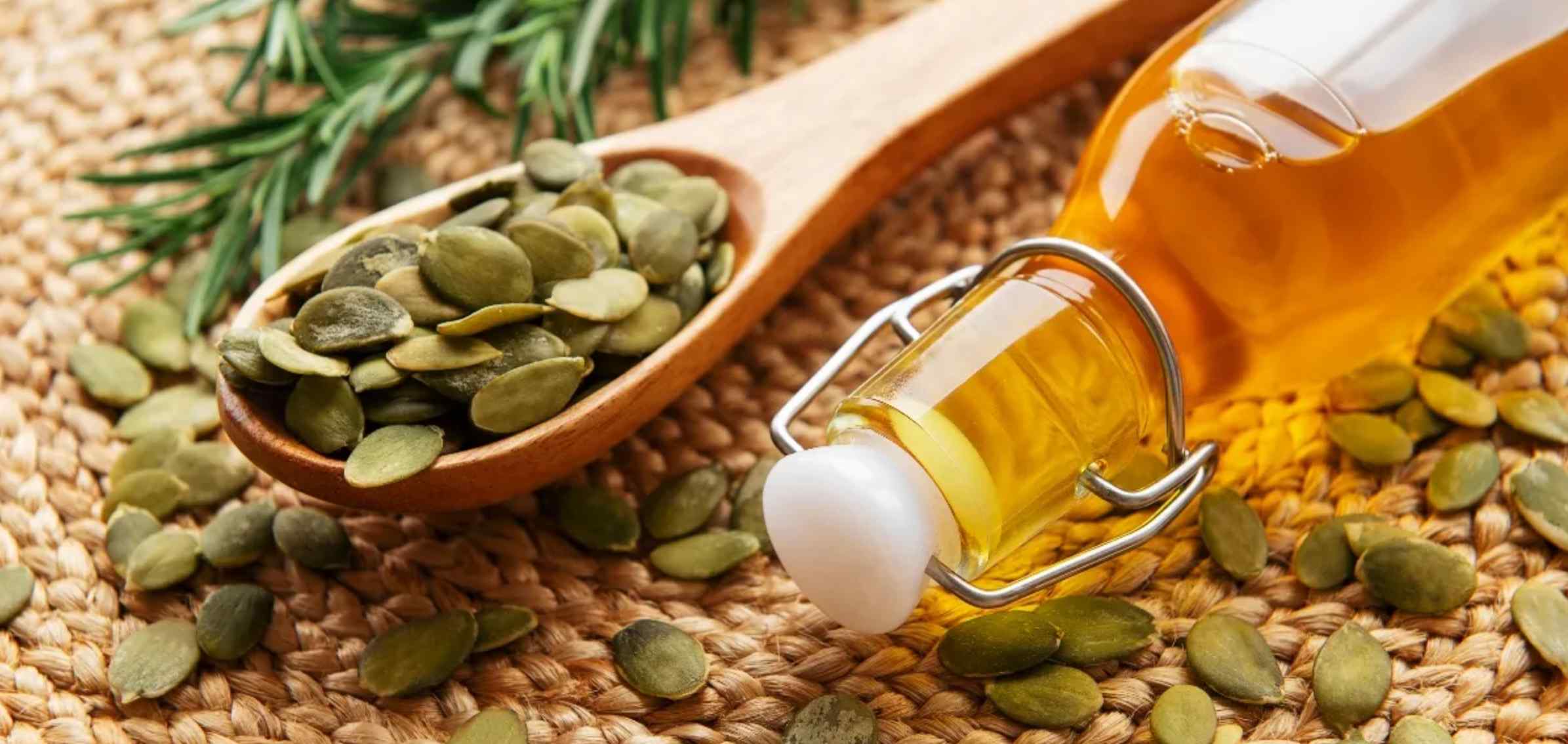
Pumpkin seed oil may aid hair growth by supporting follicle health. It’s believed to block DHT, a hormone linked to hair loss. Leaving pumpkin seed oil in hair overnight is safe and may enhance its benefits. Comparing rosemary oil and pumpkin seed oil for hair growth varies; both have properties that support hair health, but individual responses differ.
14. Emu oil
Emu oil aids hair growth by moisturizing the scalp and promoting blood circulation. Hair Thickness Maximizer suggests Emu oil’s potential for enhancing hair growth. Its vitamins and hydrating properties benefit hair loss and dry scalps. Emu oil’s nutrient richness contributes to its effectiveness in addressing various hair and scalp concerns. The oil makes it versatile for promoting hair health and managing scalp conditions.
15. Jojoba oil

Jojoba oil is beneficial for alopecia due to its moisturizing and nourishing properties. While it’s not a definitive solution for hair loss, many find it helpful. Jojoba oil is believed to help manage DHT, a hormone linked to hair loss, though it’s not a direct blocker. Applying jojoba oil directly to the scalp is safe and effective, as it helps hydrate and maintain a healthy scalp environment, potentially supporting hair health in the process.
16. Evening primrose
Evening primrose oil may aid in reducing hair loss by nourishing the scalp and promoting hair health. While not a direct DHT blocker, it’s believed to help manage hormone imbalances linked to hair loss. Balancing hormones with evening primrose oil might take several weeks to months, depending on individual responses. Disadvantages might include potential side effects like nausea or headaches, so consulting a healthcare professional before use is recommended to mitigate risks.
17. Black seed oil
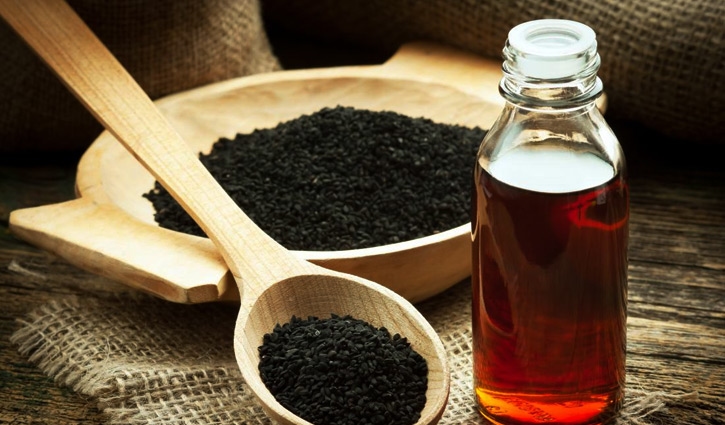
Black seed oil can potentially combat hair loss due to its nourishing properties. Applying it directly to the hair and scalp is safe and beneficial. While results vary, some notice hair growth improvements within a few months of consistent use. Caution is advised when mixing black seed oil with other substances, like essential oils or medications, as interactions may occur. It’s advisable to consult a healthcare professional before combining it with other products.
18. Marula oil
Marula oil benefits hair loss due to its rich nutrients and antioxidants. Its lightweight nature makes it an excellent choice for nourishing the scalp and hair follicles. Leaving marula oil in the hair is safe and beneficial, as it deeply moisturizes and strengthens strands without weighing them down. This oil adds shine, reduces frizz, and helps maintain hair health, contributing to better overall hair quality and potentially aiding in managing hair loss concerns.
19. Almond oil
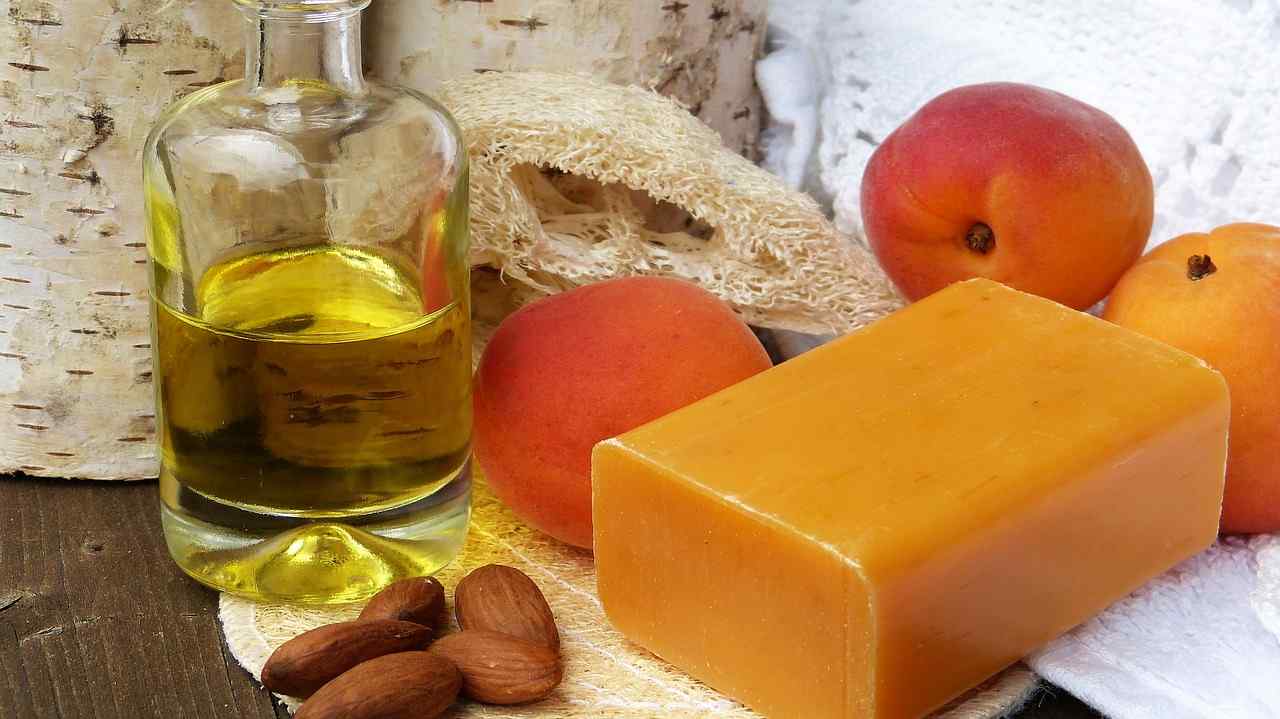
Almond oil’s nourishing properties support hair health, but evidence for regrowing lost hair or curing alopecia is limited. It can reduce hair fall by moisturizing the scalp and strengthening hair strands. Almond oil is beneficial for hair falling due to its vitamins and nutrients, aiding scalp health. However, disadvantages may include allergic reactions or greasiness if applied excessively. Patch testing and moderation in usage can help mitigate these potential drawbacks.
20. Moringa oil
Using Moringa for hair fall involves applying the oil to the scalp, massaging gently, and leaving it for at least 30 minutes before rinsing. Moringa oil’s application for alopecia includes massaging a few drops into the scalp daily. Results vary, but some notice improvements within a few weeks to months of consistent use. Comparing moringa and coconut oil for hair, both have benefits, but moringa’s lighter consistency may suit some better. In contrast, depending on hair type and preference, coconut oil’s richness may benefit others.
21. Grapeseed oil
 While grapeseed oil has nourishing properties, evidence explicitly linking it to curing alopecia is limited. Results for hair growth vary, but some notice improvements after consistent use over a few months. Applying grapeseed oil directly to the hair can protect it from alopecia by moisturizing and strengthening the strands. Both have benefits when comparing avocado oil and grapeseed oil for hair growth. Avocado oil’s nutrient richness might suit some better for promoting hair health and growth.
While grapeseed oil has nourishing properties, evidence explicitly linking it to curing alopecia is limited. Results for hair growth vary, but some notice improvements after consistent use over a few months. Applying grapeseed oil directly to the hair can protect it from alopecia by moisturizing and strengthening the strands. Both have benefits when comparing avocado oil and grapeseed oil for hair growth. Avocado oil’s nutrient richness might suit some better for promoting hair health and growth.
22. Eucalyptus Oil
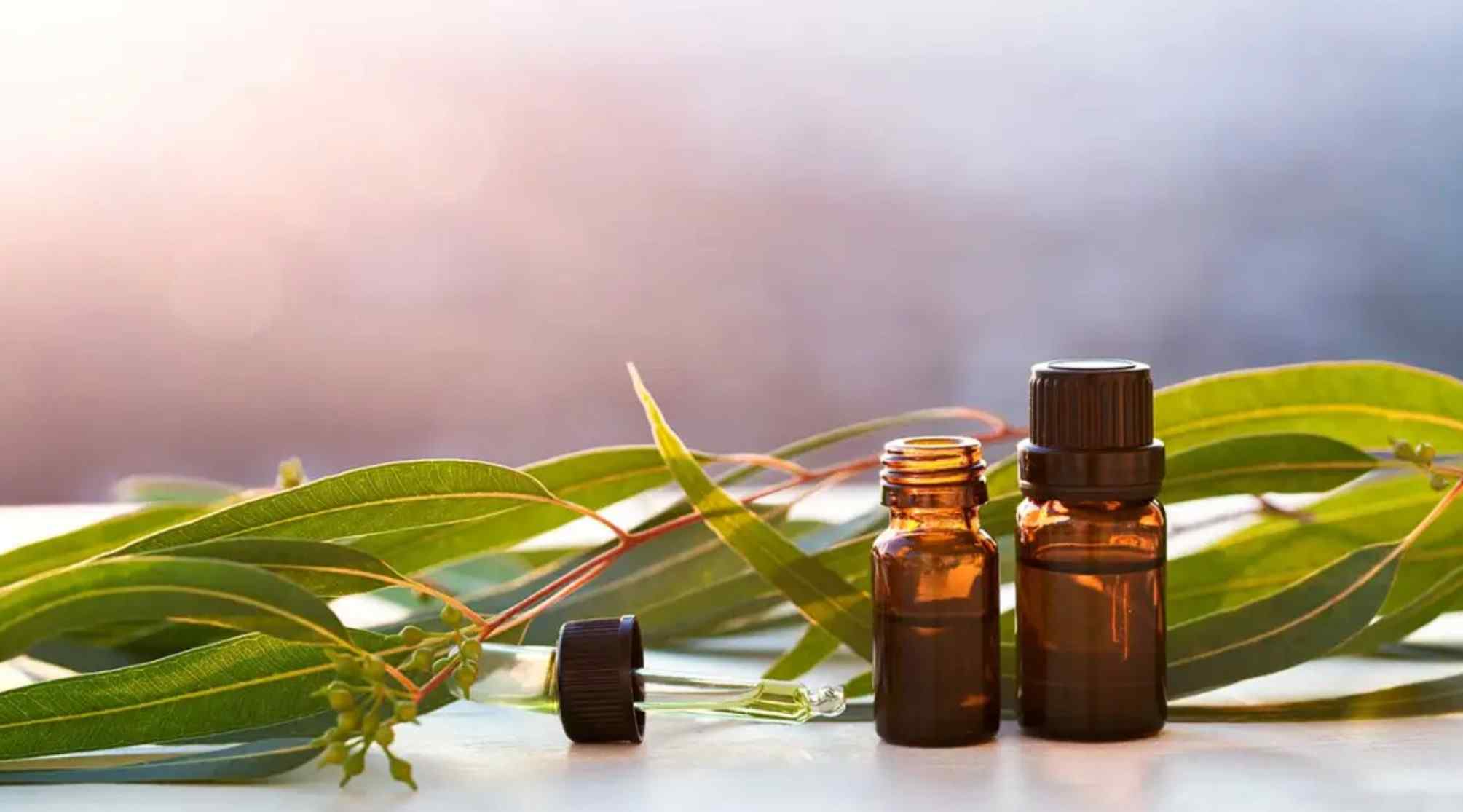 Eucalyptus oil shows potential for aiding hair loss and alopecia due to its antimicrobial properties. While it’s not definitively the best, its benefits include promoting scalp health and stimulating hair follicles. Eucalyptus oil’s antimicrobial action supports a healthier scalp environment, potentially aiding in preventing hair loss. However, there’s limited direct evidence linking it to hair thickening. Its primary role appears to be maintaining scalp health rather than altering hair thickness.
Eucalyptus oil shows potential for aiding hair loss and alopecia due to its antimicrobial properties. While it’s not definitively the best, its benefits include promoting scalp health and stimulating hair follicles. Eucalyptus oil’s antimicrobial action supports a healthier scalp environment, potentially aiding in preventing hair loss. However, there’s limited direct evidence linking it to hair thickening. Its primary role appears to be maintaining scalp health rather than altering hair thickness.
23. Horsetail plant extract oil
Horsetail is believed to aid hair loss due to its high silica content, which supports hair health. Making horsetail oil involves infusing the herb into a carrier oil like coconut or olive oil. While no direct evidence of it blocking DHT, its nutrients contribute to scalp health. Horsetail oil nourishes the scalp, strengthens hair follicles, and improves hair texture, although clinical data on its effectiveness remains limited.
Things to avoid when you have alopecia areata
When you have alopecia areata, try to keep stress levels low. Be gentle with your hair—avoid harsh treatments and too much styling. Try not to touch or pull at the affected areas. Also, stay away from harsh chemicals that might make things worse for your scalp.

| Avoid | Reason |
|---|---|
| Stress | Stress can trigger or worsen alopecia areata. |
| Harsh hair treatments | Chemical treatments might irritate the scalp, worsening symptoms. |
| Excessive hair styling | Overstyling can strain hair follicles and aggravate alopecia. |
| Pulling or touching affected areas | Constant pulling can exacerbate hair loss in those regions. |
| Harsh chemical hair products | Chemicals may irritate, leading to increased hair loss. |
Final Thought
After a lengthy review, if you ask, “How to prevent hair loss?”. I will answer that you may use any oil for alopecia out of the above 23 essential hair loss prevention oils. All the items on the list may not suit you, but some different oils can make your hair shine, thicken, and become stronger. Alopecia is a permanent disease, but there must be a solution. So, you can try your best to remove the alopecia problem.

